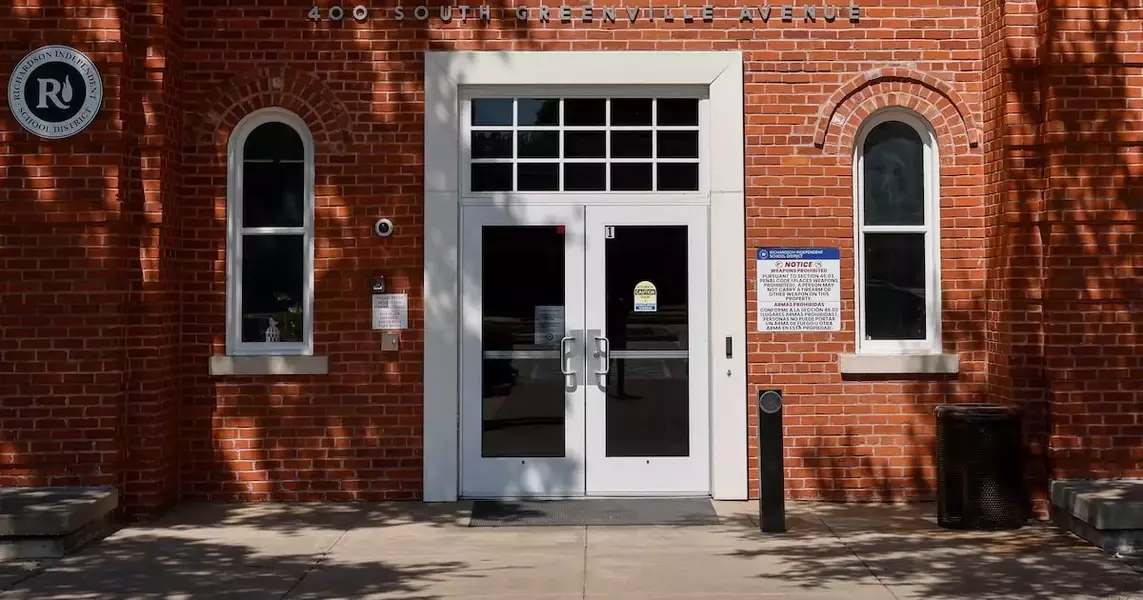Revolutionizing Education: Richardson ISD's Bold Move to Limit Phone Use in Schools

In an era dominated by digital devices, many educators find themselves battling the distraction of smartphones in classrooms. Teachers are increasingly burdened with the task of diverting students' attention from their screens to their studies. This issue has been addressed head-on by Richardson Independent School District (RISD) in North Texas, which implemented a policy requiring students to lock away their phones during school hours. The results have been overwhelmingly positive, leading to improved learning environments and reduced behavioral issues.
A Transformative Approach to Classroom Management
In the golden hues of autumn, Richardson ISD embarked on a pioneering initiative two years ago. By mandating that all secondary students lock their phones in pouches during school hours, the district aimed to reclaim the classroom as a space for focused learning. This decision was met with initial skepticism but has since proven to be a game-changer.
Lake Highlands High School, one of the participating institutions, reported significant improvements. Out-of-school suspensions plummeted by 42%, while in-school suspensions dropped by 8%. Teachers and administrators no longer bear the responsibility of enforcing phone policies, allowing them to focus on teaching and student development. Moreover, instances of bullying and conflicts related to phone use have diminished, fostering a more harmonious school environment.
Social scientist Jonathan Haidt has contributed valuable insights into the adverse effects of excessive social media use on mental health. His research highlights the correlation between increased depression and anxiety among young people and constant online interactions. Recognizing these risks, RISD's proactive stance is commendable and serves as a model for other districts to follow.
The shift in attitudes towards phone use in schools is essential. While parents may initially resist relinquishing the comfort of constant contact, it is crucial to understand that this perceived security can be counterproductive. In moments of crisis, a buzzing or beeping phone can only exacerbate the situation. Creating a conducive learning environment free from distractions is paramount for the holistic development of students.
RISD's innovative approach underscores the importance of addressing the growing social problem posed by smartphones. By taking bold steps, the district has not only enhanced the educational experience but also set a precedent for others to emulate. It is hoped that more parents will recognize the value of limiting phone use at home, contributing to a broader societal solution.
From a journalistic perspective, Richardson ISD's initiative serves as a powerful reminder of the transformative impact that forward-thinking policies can have on education. It challenges us to reconsider our relationship with technology and prioritize the well-being and academic success of our youth. As we move forward, it is imperative to strike a balance between embracing technological advancements and safeguarding the sanctity of learning spaces.